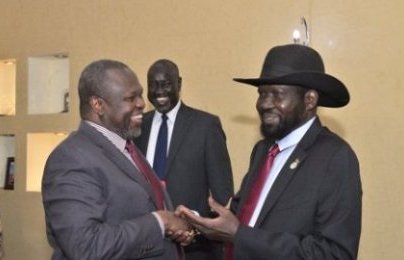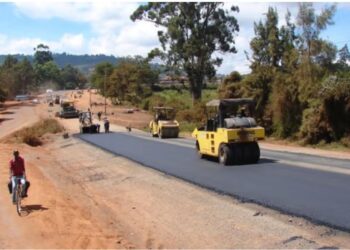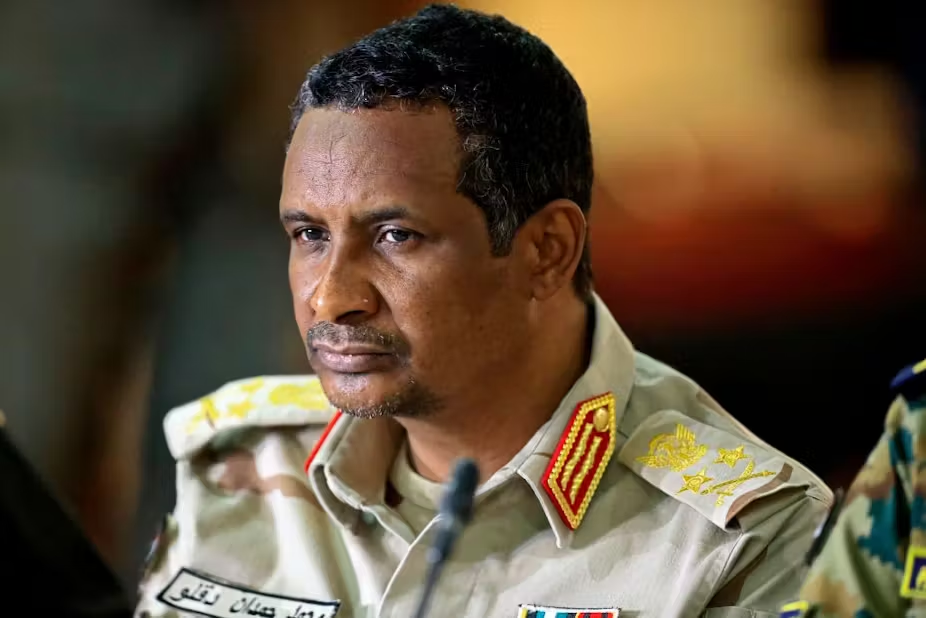By SUDAN TRIBUNE
March 6, 2024 (NAIROBI) – South Sudan’s Transitional Government has deliberately kept its institutions weak in order to promote dictatorship and corruption, the National Consensus Forum (NCF) said in a statement issued on Wednesday.
The statement comes after the economic cluster unveiled plans to control hiking consumer prices, allaying fears inaction of popular uprising in a country grappling with the rising cost of living caused by a host of economic, security and political issues.
This was at a meeting chaired by President Salva Kiir and attended by the governor of the central bank, James Alic Garang, presidential adviser on security affairs Tut Gatluak, and the senior presidential envoy on special program Benjamin Bol Mel and the minister of Presidential Affairs, Joseph Bangasi Bakosoro.
NCF is an umbrella organization comprising 21 South Sudanese political, civil society, women, youth and faith-based organizations and the academic and professional association and represents a major segment of the South Sudanese society.
The forum, however, called on South Sudanese citizens to disregard entirely, the empty “Statement of the Revitalized Transitional Government of National Unity on the Current Political, Security, and Economic Situation in the Country”.
“The statement has nothing to do with the suffering of the ordinary citizens. It was merely a loud cry of the Juba-based political elites when it suddenly dawned on them that the enormous oil proceeds, they have been mismanaging with complete disregard for the welfare of the citizens, are rapidly drying up,” it said.
It accused the parties and their unity government for failing to communicate a coherent and unified message to the South Sudanese public, stressing that it demonstrates how they are running a Transitional Government of National “Disunity” characterized largely by disagreements and lack of progress.
Since independence, NCF said, there has been unlimited goodwill and support from different countries and international partners to support South Sudan’s government leaders in building the security sector, financial management institutions, and the whole bureaucratic infrastructure of the country.
However, the country’s leaders frustrated all those efforts and went on to weaken those institutions. For example, it said, the security sector was largely privatized, filled with tribal militias, and repurposed to pursue narrow individual political interests. The rest of the institutions are denied political and financial support.
According to the forum, public officials who demonstrated honesty in their attempts to strengthen and transform the institutions are dismissed and punished.
“Many qualified South Sudanese who left their comforts in the diaspora to return home after independence and contribute to the reconstruction of the country were frustrated, arrested, detained, tortured and others killed,” it stressed.
Meanwhile, the coalition forum said the Juba government erred when it said it made enormous progress on human rights issues in which it went ahead to criticize and accuse the UN Commission on Human Rights in South Sudan of intrusion and expansion of its mandate in monitoring the implementation of the peace deal.
NCF said it believes these accusations and conditions are merely expressions of guilt and the government is fighting the UN body because of its detailed reports on human rights abuses in South Sudan that implicate government agencies.
“Instead of cooperating with the Commission and implementing its recommendations to improve the human rights situation in the country, the government wants to remove the radar and continue to abuse human rights with impunity,” it stressed.
Meanwhile the NCF called on the parties in the peace agreement to abandon their unrealistic pursuit of elections or extensions of themselves in power and instead engage the country in an all-inclusive national political dialogue.
(ST)






Discussion about this post